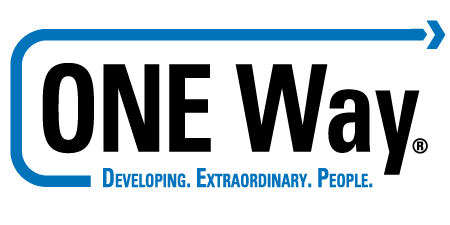5 Errors In Building Confidence
By Elliot Newell
This article is intended to explain common errors made with athlete’s conceptual understanding of confidence. It is hoped that exploration of what confidence is and where it comes from can help confidence to be better understood and as a result, better controlled. Let’s start by breaking down confidence to help our understanding. Below are five common errors some athletes make regarding their confidence.
1) Some athletes focus on ‘feeling’ confident. They talk about it all the time; “I don’t feel confident about this competition” or “I’m sure I can beat this opponent; I feel confident about it”. This is inaccurate. Confidence is not an emotion, we can’t feel it. Confidence is a belief; this makes it a thought.
Tip 1: Stop trying to feel confident and start thinking confident
2) Some athletes leave confidence to chance. You wouldn’t leave your physical preparation or nutritional intake to chance so why take the risk with your confidence. One of the main reasons for this is that athletes do not know what to do exactly to enhance their confidence. There are no magic potions, no quick fixes, but there are things that can be done.
Tip 2: Take ownership of your confidence and devise strategies that make confidence on competition day an expectation rather than a hope.
3) Some athletes think of their confidence as a singular entity. Confidence is multidimensional. This means that there are many different types of confidence which can be more or less important to overall confidence in any given situation. For example, as a footballer about to take an important penalty, I may be confident about my technical ability to make good contact with the ball as well as my ability for accurate placement. I may however not be confident about my ability to beat the goalkeeper or my capacity for handling the huge pressure I am under. The differing degrees to which I am confident in these different types of confidence will impact my overall confidence for the penalty kick.
Tip 3: There are many different types of confidence that underpin your overall confidence. Understand and develop these types of confidence and overall confidence will take care of itself.
4) Some athletes fail to fully understand the sources of their confidence. Confidence has to come from somewhere. I am often surprised by the way in which athletes talk about their confidence
“I am really confident about this upcoming performance”
OK, great. Where does that confidence come from?
“I just don’t think that I can do it. My confidence has gone.”
OK, where has it gone?
Confidence does not simply emerge or disappear from thin air at unpredictable moments; it has to come from somewhere. Identifying where confidence comes from is vital in ensuring any degree of consistent, robust confidence for sports performance. The places from which confidence comes from are best considered your sources of confidence.
Tip 4: Understand where your confidence comes from. Once your sources of confidence are understood, then you can begin to take more ownership over your overall confidence.
5) Some athletes try and build confidence from the top down. Confidence is best built ‘bottom up’. A common error that some athletes make is that that focus on trying to develop overall confidence. This is a challenging process and is likely to fail. It is best to build confidence like you would a Lego house. Create solid foundations that are built on a wide range of difference sources of confidence. These sources will serve to underpin specific types of confidence, which in turn will develop overall confidence. Figure 1 may make this point a little clearer.
Tip 5: Whenever seeking to build overall confidence it is best to start at the bottom and work up. This is achieved by targeting sources of confidence rather than overall confidence.
S2 Tip
Take ownership of your confidence and devise strategies that make confidence on competition day an expectation rather than a hope.
Making An Impact
“Sunday is game day for me, but my best day is Tuesday when I visit Seattle Children’s. All the amazing opportunities I’ve had on the field can’t compare to helping kids whose lives are on the line.” This inspirational quote is from Seahawks quarterback Russell Wilson. He started volunteering a couple of years ago and is humbled by the courage of the patients and families he meets and is proud to witness the amazing work of the nurses and doctors who care for them. Nice work Russell!
In Another’s Words
“With confidence, you have won before you have started.”
– Marcus Garvey (Jamaican Political Leader)

